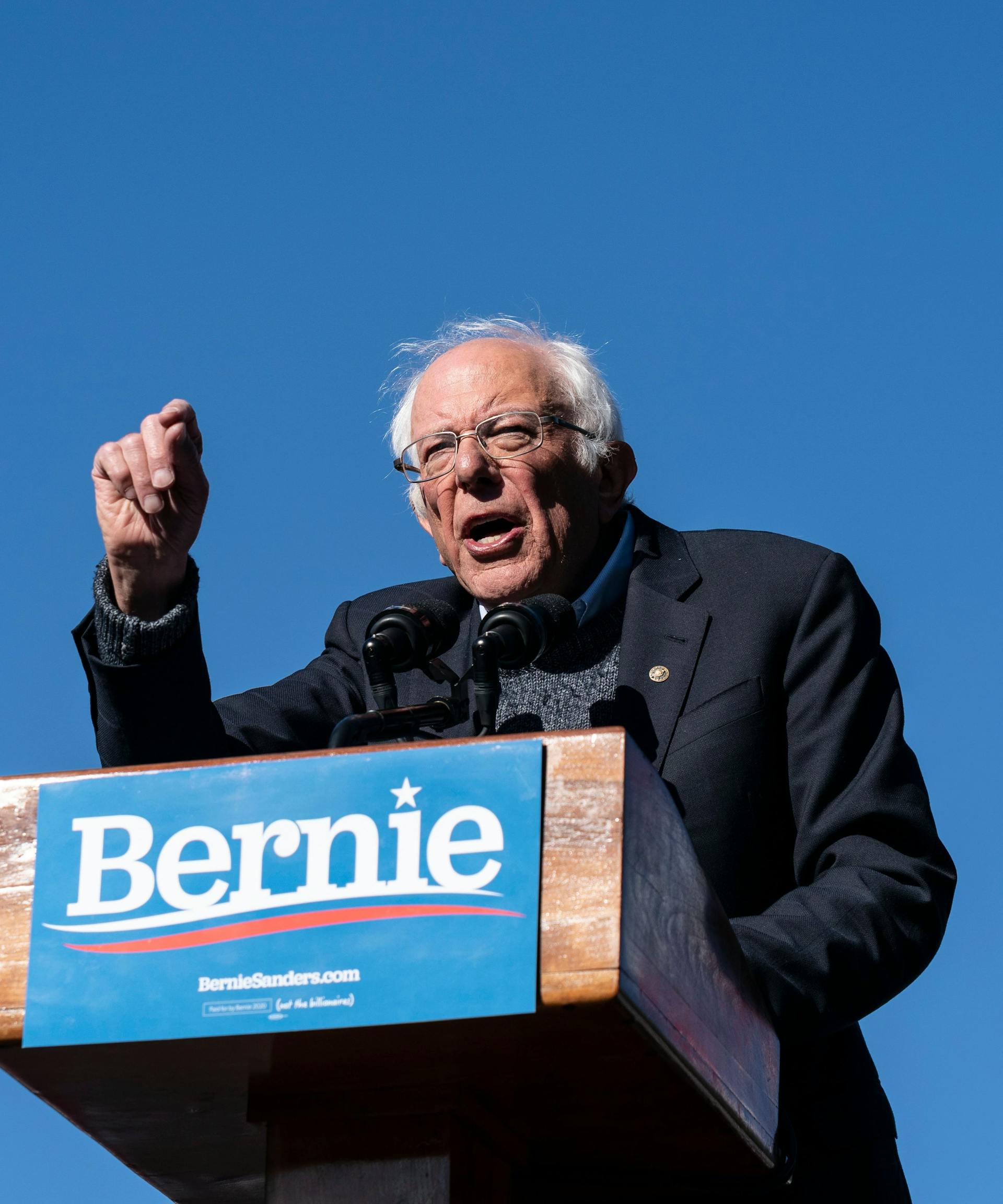Bernie Sanders Claims Castro’s Cuba Wasn’t All Bad
As a particularly interesting election year, and especially ahead of the Democratic primaries, all eyes are on the candidates running for presidency and how their positions indicate the direction their party is going.

When under the microscope, all candidates have said things that they probably wish they hadn’t. Most recently, and perhaps most shockingly, candidate Bernie Sanders referred to the Castro regime in Cuba in a 60 Minutes interview, saying, “it's unfair to simply say everything is bad,” which immediately sparked outrage and criticism from first- and second-generation immigrants who escaped from socialism, particularly those from Cuba. Many then bravely shared their sad and eye-opening personal stories about their families’ struggles under such an authoritarian regime.
Bernie also mentioned that the literacy program under Castro was great and complimented China’s ability to supposedly lift people out of poverty. What he neglected to consider, however, were the tools these governments used to do that. He ignored how education could be a way of indoctrinating the population into supporting an authoritarian regime, as well the many lives that were lost of those who sought freedom and dissent but were met with the strong arm of the government.
Bernie has made a plethora of comments singing the praises of authoritarian regimes. “They are of a piece with something Sanders told an audience at the University of Vermont in 1986: ‘I remember, for some reason, being very excited when Fidel Castro made the Revolution in Cuba. I was a kid and I remember reading that, and it just seemed right and appropriate that poor people were rising up against rather ugly rich people’.”
According to The Guardian, in Cuba under Fidel Castro, “Peaceful attempts at democratic reform, such as the Varela project, triggered swift crackdowns, including the so-called Black Spring in 2003. More than a million Cubans took to leaky boats and risked drowning to flee poverty, stagnation, and a sense of claustrophobia which most blamed on Castro, not the US embargo.”
Would Modern Socialism Actually Be Any Better?
While the dream of being protected by a higher power such as a centralized government may seem cozy or comfortable for some, for those who have actually lived under such policies, the prospect of enduring it again is nothing less than grim. There are countless examples of governmental power being used against people and not enough examples of the opposite.
There are countless examples of governmental power being used against people and not enough examples of the opposite.
Imagine if we the people gathered that much money and power under one government. How would we guarantee that it would never fall into the wrong hands or be used against us? We would have to be able to guarantee that “evil people” (or simply those who disagree with our positions), are unable to hold office. Since we believe that this power is so important, so vital to the survival of our society, and that it's so critical that it doesn’t fall into the “wrong” hands, what acts would we be willing to commit to ensure that the other side doesn’t take or hold power?
In the end, that is all the Castro regime was about. Power, not the people. Every side believes they’re doing the right thing, until history proves them wrong. Can we afford to put our people through the massacres, famine, and genocide that so many have already gone through, only to attempt to prove (and fail like those before us) that this system works?
Closing Thoughts
I urge Bernie to speak to socialism survivors (and not people from Denmark) to make sure that he understands the actual plight of these individuals under the policies he now promotes.
In simple terms: Yes, Bernie. It was that bad.
“Every socialist is a disguised dictator.” – Ludwig Von Mises